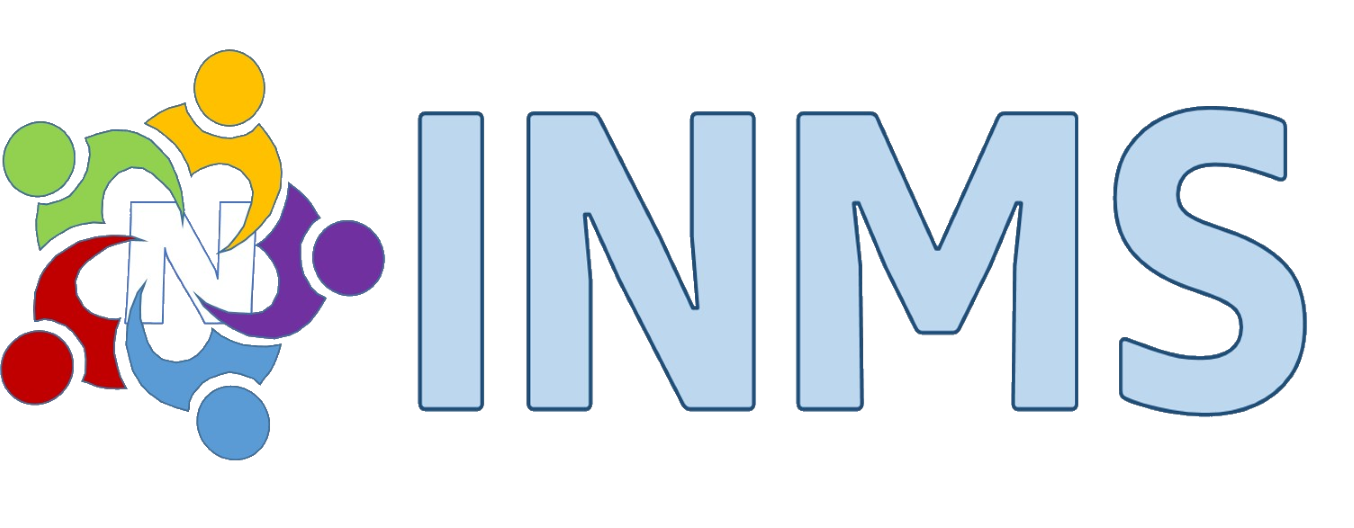This Act provides with respect to matters of public health in Namibia. The objects of this Act are to: (a) promote public health and wellbeing; (b) prevent injuries, diseases and disabilities; (c) protect individuals and communities from public health risks; (d) encourage community participation in order to create a healthy environment; and (e) provide for early detection of diseases and public health risks. The Act provides with respect to, among other things: diseases communicable by a animal, or the carcass or product of a animal or to human being; water and food supplies; infant nutrition; integrated waste management; and health nuisances.; The Act sets out duties and powers of local authorities as defined by this Act and the Local Authorities Act, and allows a local authority to establish a health committee, for the better administration of powers or functions. Other functions shall be carried out by the chief health officer and the district health board as referred to in the National Health Act. The Minister may make Regulations relating to a wide variety of matters including slaughterhouses, water quality and pollution, sewerage and examination of food.; A local authority must provide and maintain as far as may be reasonably possible, a sufficient supply of potable water for drinking and domestic purposes and must report to the chief health officer on water quality and waterworks in its area. The chief health officer shall have the right to inspect and examine sources of water supply or water works, and take the sample of water as he or she may consider necessary.; The Act sets out powers of the chief health officer to inspect food and prohibits sale, etc. of food unfit for human consumption.; A local authority must ensure: (a) that all waste generated within its local authority area is: (a) collected; (b) disposed of; and (c) recycled, in accordance with the requirements of all laws governing the management of the different waste streams. A person who intends to conduct on a premises activities which generate special, industrial, hazardous or infectious waste must be registered for that purpose with the local authority concerned. Waste must only be disposed of at a waste disposal site, including an incinerator approved by the local authority concerned.
Public and Environmental Health Act, 2015 (No. 1 of 2015).
